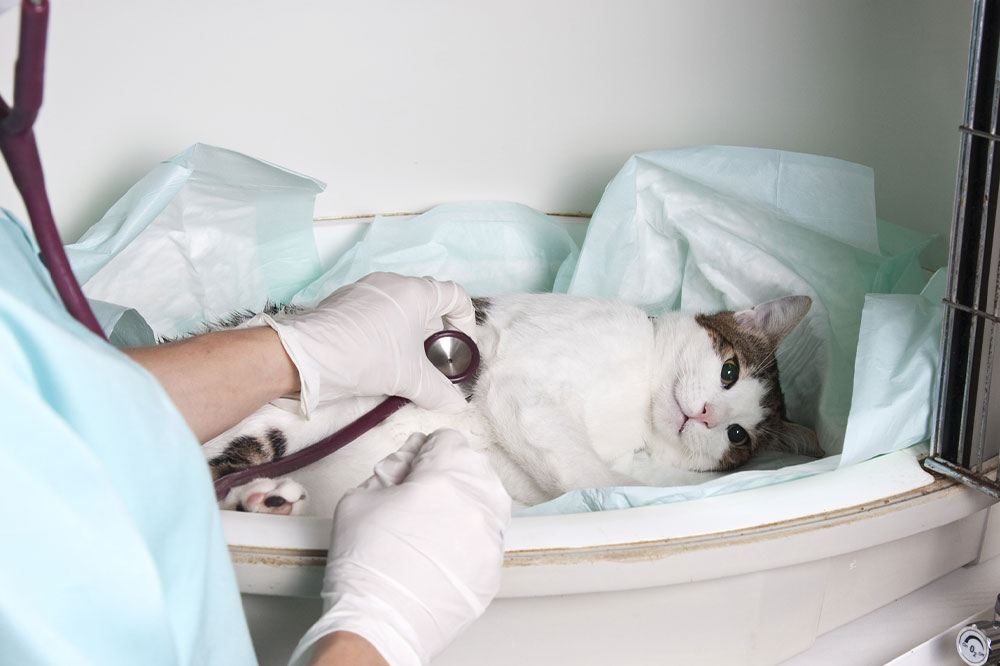
Recognizing the top 6 signs of illness in cats
As a cat parent, there’s a lot you may do, such as making sure their nutritional needs are met, getting them groomed, and making regular healthcare appointments at the vet. Doing so ensures that your feline friends stay in the best of health. However, occasionally, one may notice their cat isn’t well. This may occur because of factors including environmental conditions and age. But here are six signs that may require the intervention of an expert:
Changes in appetite
Though changes in appetite could be normal in cats, they should not be overlooked. If your cat stops eating food entirely or is only munching on tiny bits of food, that could indicate the onset of severe problems known as fatty liver or hepatic lipidosis. On the contrary, overeating may be a sign of hyperthyroidism, especially in older cats. Furthermore, even if a health complication doesn’t cause it, one must consult with a vet to prevent overheating and the gain of pounds.
Sudden lethargy
If your cat is always lethargic, that could be a cause for concern. Felines that lie around for too long, have low energy levels, or sleep excessively might indicate that something is wrong with their health.
Increased thirst
Drinking lots of water occasionally due to conditions like higher temperatures is normal. However, if it happens out of the ordinary, that could indicate health conditions like diabetes mellitus or kidney disease.
Changes in urination
Another unusual sign that could mean your cat is ill is a change in the frequency and quantity of urination. Other symptoms to look for are blood in the urine and inappropriate urination. The signs could be early warning signs of kidney problems or urinary tract issues that require a vet’s opinion.
Changes in breathing
Any changes in your cat’s breathing should be addressed immediately. You could look for signs of rapid and raspy breathing, shortness of breath, and wheezing. You should visit the vet even if these signs are mild, as this could endanger your feline’s life.
Ear discharge
Sometimes you might notice discharge or debris coming from your cat’s ears. The symptom is a potential indicator of an ear infection. It could also be a sign of ear mites. An expert must diagnose the development immediately to prevent further complications like damage to the eardrums. There might also be discharge from the eyes, requiring immediate attention.







